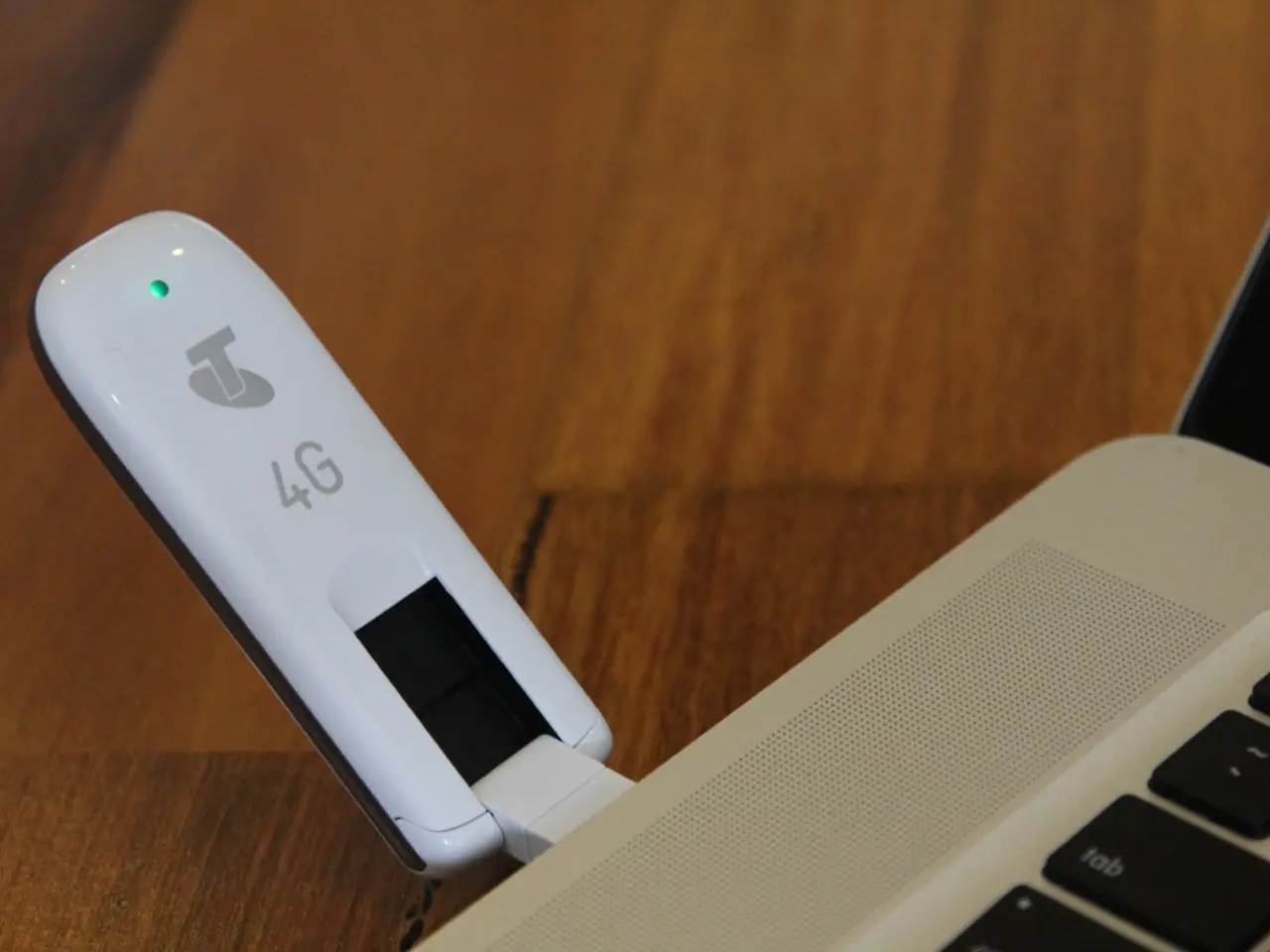Enhanced Data Gathering Can Minimize Digital Disparities
In today's digital economy, the ability to collect and utilise data has become invaluable, influencing various aspects from health outcomes to public safety and economic growth. However, a significant barrier to opportunity is the data divide, a gap between those who have access to data and those who do not.
According to an article by Gillian Diebold, published in InsideSources, this data divide in the United States leads to significant consequences. It entrenches Big Tech dominance, stifles competition, and innovation, while rural and marginalized communities, particularly rural Black Americans, face limited access to high-speed internet and digital infrastructure, impeding their ability to participate fully in the digital economy.
Moreover, the lack of access to data exacerbates socioeconomic disparities, affecting educational opportunities, healthcare, flexible work, and other benefits of digital inclusion. This digital divide disproportionately impacts low-income and minority households. Consumers may also suffer from reduced competition, leading to higher prices, lower quality, and weakened privacy protections.
To address this issue as a policy priority, Diebold suggests a multifaceted approach. This includes promoting stronger competition enforcement, investing in digital infrastructure and connectivity, supporting digital literacy and upskilling programs, safeguarding funding and access to subsidy programs, and encouraging community-driven initiatives for deploying fiber and other broadband technologies.
The goal is to create open, fair, and inclusive digital markets that allow broad participation and prevent further concentration of economic power, ensuring the benefits of the digital economy reach all Americans. By shifting the focus from potential risks of data collection to the impacts of a lack of data collection, it is possible to bridge the data divide and foster robust and equitable growth in the digital economy.
References: [1] Diebold, G. (2022). Closing the Data Divide: A Key to Equitable Growth in the U.S. Digital Economy. InsideSources. [2] Federal Communications Commission. (2021). Broadband Equity, Access, and Deployment Program. [3] Federal Communications Commission. (2021). Affordable Connectivity Program. [4] White House. (2021). Executive Order on Promoting Competition in the American Economy.
- The data divide in the United States, as highlighted by Gillian Diebold in her InsideSources article, threatens to further entrench Big Tech dominance, impede competition and innovation, and disproportionately affect rural and marginalized communities, particularly rural Black Americans, due to limited access to high-speed internet and digital infrastructure.
- In order to bridge the data divide and foster a fair and inclusive digital economy, Diebold proposes a multi-faceted policy approach, focusing on stronger competition enforcement, digital infrastructure and connectivity investments, digital literacy and upskilling programs, securing funding for and access to subsidy programs, and promoting community-driven initiatives for deploying fiber and other broadband technologies.
- The ultimate objective is to create open digital markets that promote broad participation, prevent economic power concentration, and ensure the benefits of the digital economy reach all Americans. This shift from potential data collection risks to the consequences of a lack of data collection can help address the data divide and foster robust, equitable growth in the digital economy.




